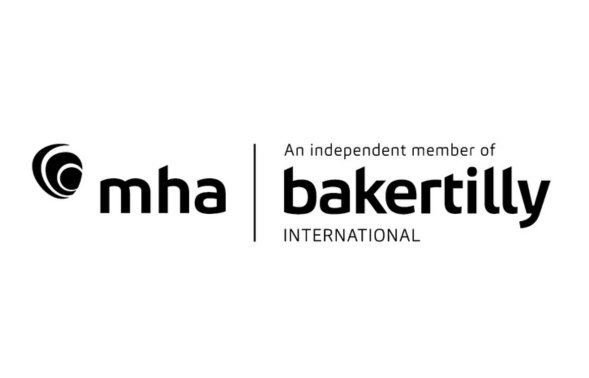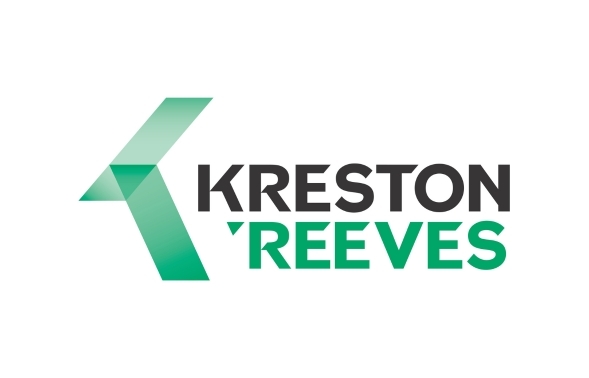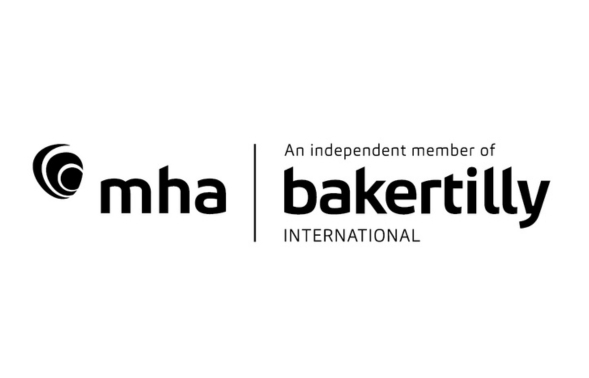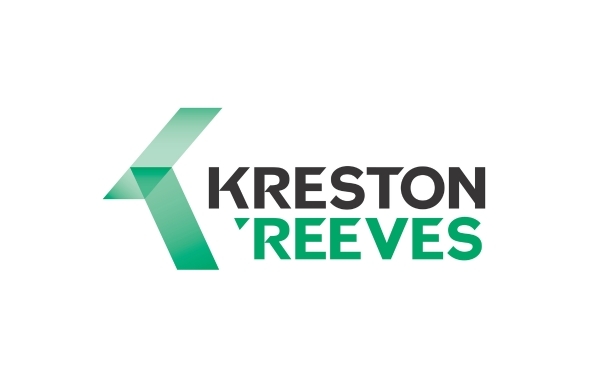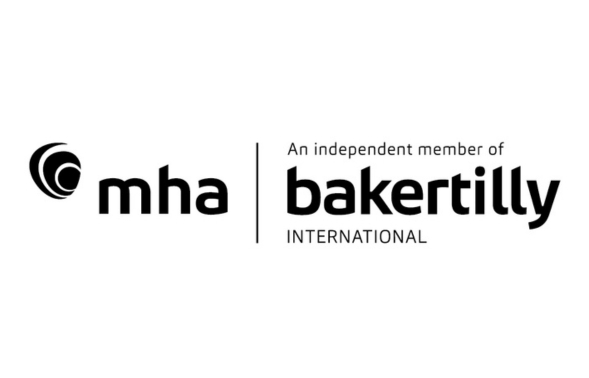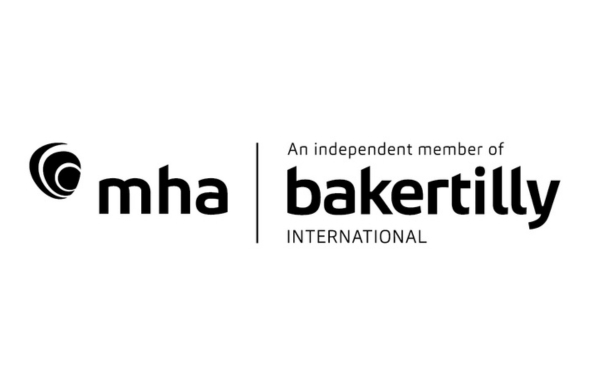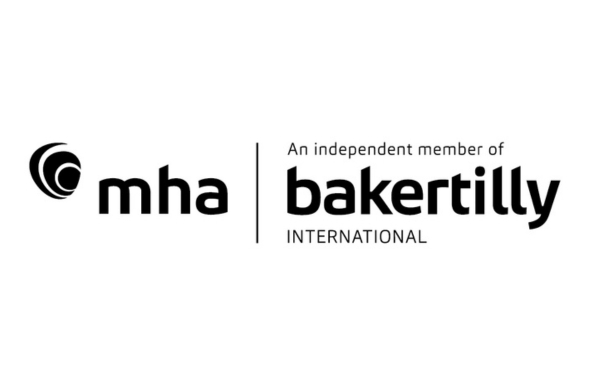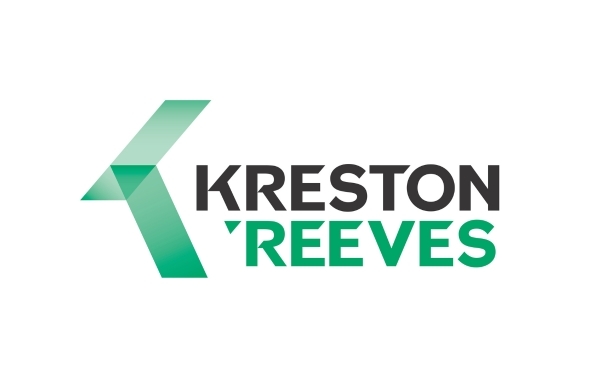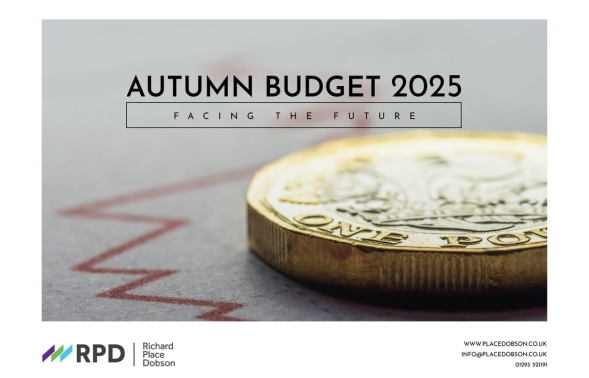Inflation up — but Bank of England must hold its nerve
Professor Joe Nellis is economic adviser at MHA, the accountancy and advisory firm.
The jump in the inflation rate to 3.5% is a rise of 0.9%, the highest monthly rise since the height of the inflation crisis in October 2022. However, the Bank of England should not panic — this remains a far cry from the 11.1% recorded at that time.
This jump was not unexpected and follows a series of regulated price increases from the Government and national regulatory authorities. This includes increased employer costs outlined in the Chancellor’s Autumn Budget, the raising of the energy price cap, and higher water bills and council tax for households.
High earnings growth, caused by a stubbornly tight labour market, is applying persistent inflationary pressure, and has combined with the regulated price rises to create this inflation surge. Nonetheless, underlying inflationary pressures should not be the Bank of England’s number one priority at the moment.
Despite the worries of the Bank of England’s chief economist that interest rates are being cut too quickly, the Monetary Policy Committee should continue to pursue their current rate-cutting strategy in aid of reigniting the sluggish UK economy.
As always, the Bank must weigh up the competing priorities in the economy, and halting rising inflation certainly is one — but, for now, doing all they can to drive economic growth must rule the day.
